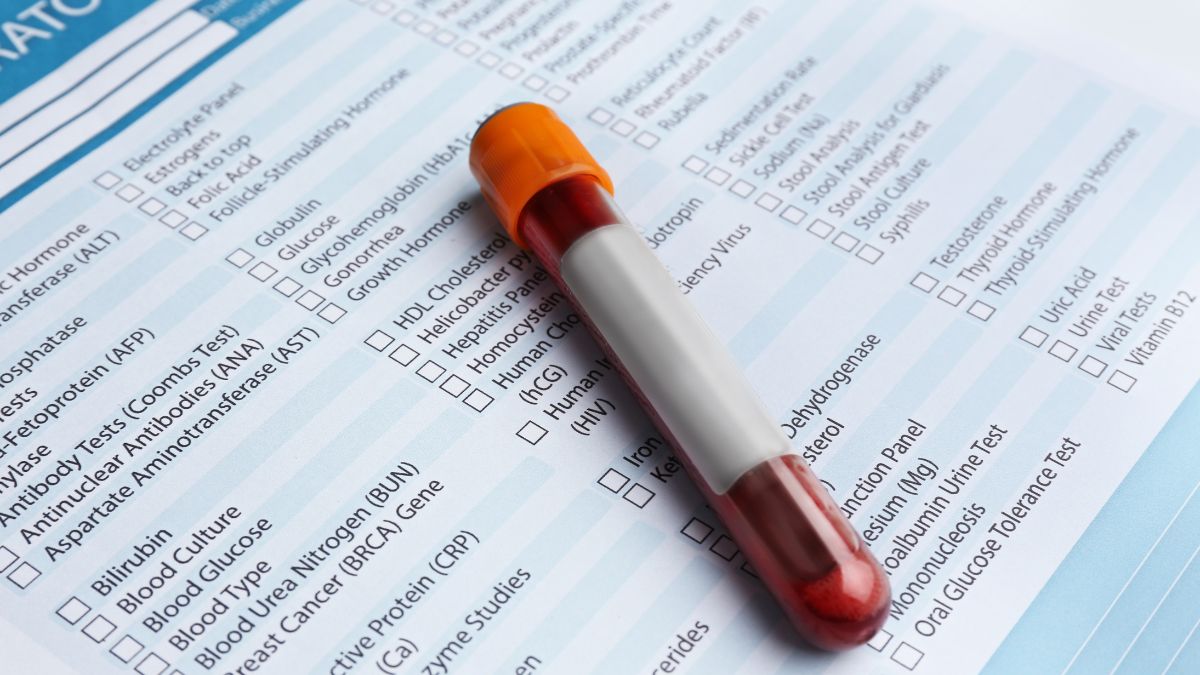
In the world of medical diagnostics, the blood culture test is a crucial tool for detecting infections. It’s a process that allows healthcare professionals to identify the presence of bacteria or fungi in the blood, helping to diagnose and guide the treatment of serious infections. Understanding how this test works and its importance can empower patients and caregivers alike.
Table of Content:-
What Is A Blood Culture Test?
The University of Rochester Medical Centre explains that a blood culture test is a laboratory examination that detects and identifies bacteria or fungi in a patient’s blood. This test is vital for diagnosing severe infections that can spread through the bloodstream, such as sepsis.
Early detection and identification of the causative microorganisms are essential for prompt and effective treatment, which can be life-saving.

When Do You Need A Blood Culture Test?
Doctors usually order a blood culture test when a patient shows signs of a serious infection that could affect the bloodstream.
Identifying the specific microorganism causing the infection allows doctors to prescribe the most effective antibiotics or antifungal medications. This targeted treatment is more effective than using broad-spectrum drugs and can help prevent antibiotic resistance.
Common symptoms that might prompt a blood culture test include:
- High Fever: Persistent high fever can be a sign of a bloodstream infection.
- Chills And Shivering: These can accompany fever and indicate an infection.
- Low Blood Pressure: Severe infections can cause a drop in blood pressure, leading to septic shock.
- Rapid Heart Rate and Breathing: These are also signs that the body might be fighting a serious infection.
- Confusion or Altered Mental State: In severe cases, infections can affect the brain, leading to confusion or disorientation.
Also Read: Cervical Cancer Prevention: How Often Should You Get A Pap Smear Test And At What Age?

What Happens In A Blood Culture Test?
According to Columbia Doctors, here’s a step-by-step overview of how a blood culture test is typically conducted:
- Preparation: The healthcare provider will clean the area on the patient’s arm where the blood sample will be drawn to prevent contamination.
- Blood Sample Collection: Blood is drawn from a vein using a sterile needle. Often, multiple samples are taken from different sites to increase the chances of detecting the infection.
- Incubation: The collected blood is then placed in special bottles that promote the growth of microorganisms. These bottles are incubated at body temperature to encourage any bacteria or fungi in the blood to grow.
- Monitoring: Over a period of several days, the blood samples are monitored for signs of microbial growth. If organisms grow, they are identified using various laboratory techniques.
- Identification and Sensitivity Testing: If bacteria or fungi are detected, further tests are conducted to identify the specific type and to determine which antibiotics or antifungal medications are effective against them.
Also Read: Why And When Should You Get A Hematocrit Test
The blood culture test is a critical tool in diagnosing and managing serious infections. By detecting bacteria or fungi in the bloodstream, this test guides healthcare providers in prescribing the most effective treatments, thereby improving patient outcomes and preventing complications. If you or a loved one is exhibiting symptoms of a severe infection, understanding the importance of blood culture tests can help you make informed decisions about seeking timely medical care. Always consult with healthcare professionals for proper diagnosis and treatment based on blood culture results.
Also watch this video
How we keep this article up to date:
We work with experts and keep a close eye on the latest in health and wellness. Whenever there is a new research or helpful information, we update our articles with accurate and useful advice.
Current Version